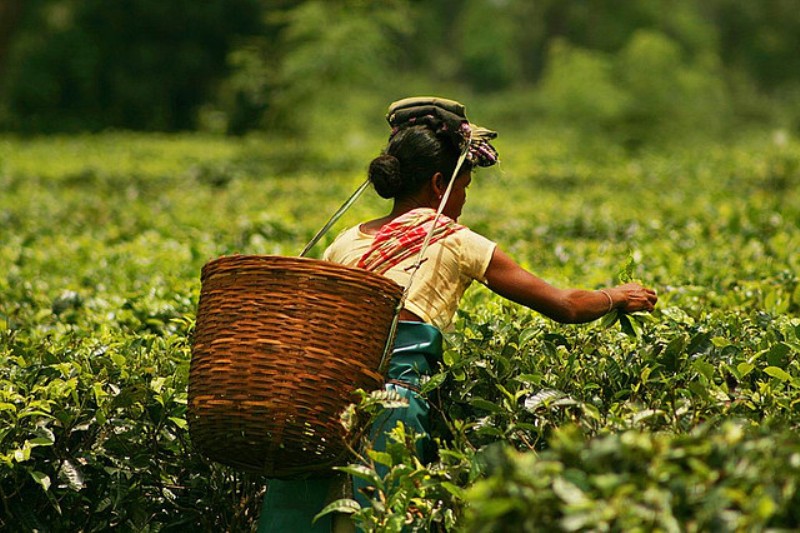Kohima: A multi-institutional research initiative led by Nagaland University has uncovered the hidden health benefits of tea blossoms—often discarded as agricultural byproducts. The study demonstrates that these delicate flowers are rich in bioactive compounds, positioning them as a promising natural source for health supplements and functional beverages.
While global research and consumption largely focus on tea leaves, blossoms have remained largely overlooked. This study represents the first systematic effort in Assam—one of the world’s largest tea-producing regions—to analyse the biochemical properties of tea blossoms from seven premium cultivars, shifting attention from leaves to flowers.
The researchers stated that tea blossom extracts could be used by nutraceutical companies to create natural energy boosters, relaxation aids, and skincare products. In addition to benefiting consumer health, the study opens new economic opportunities for smallholder tea farmers, allowing them to earn extra income through the collection and processing of blossoms.
The approach also promotes environmental sustainability by reducing agricultural waste and supporting a circular bioeconomy. With global demand for plant-based, eco-friendly health products on the rise, India has the opportunity to position itself as a leader in functional foods and supplements derived from tea blossoms.
The study was led by Dr. Sagarika Das of the Centre for Biotechnology and Bioinformatics, Dibrugarh University, in collaboration with renowned tea biochemist Monoranjan Goswami from Tocklai Tea Research Institute, Jorhat, Assam, and Prof. Tanmoy Karak from the Department of Soil Science, School of Agricultural Sciences, Nagaland University.
The research also involved experts from the University of California (U.S.), ICAR–Indian Agricultural Statistics Research Institute (New Delhi), departments of Horticulture, Soil and Water Conservation (Nagaland University), and Chemistry (Dibrugarh University).
The findings have been published in Food Research Journal in a paper co-authored by Sagarika Das, Monoranjan Goswami, Ranjit Kumar Paul, and Md. Yeasin, Animesh Sarkar, C.S. Maiti, Saumik Panja, Manoj Dutta, Jiban Saikia, and Tanmoy Karak.
Highlighting Nagaland University’s focus on translational research benefitting local communities, Prof. Jagadish K. Patnaik, Vice-Chancellor of Nagaland University, said: “This groundbreaking research highlights the potential of innovation originating from our region to effect significant global change. By tapping into the often-overlooked benefits of tea blossoms, our dedicated scientists are pioneering advancements in health and wellness that could revolutionise dietary supplements and natural remedies.”
This initiative not only expands the horizons of scientific research but also promotes rural entrepreneurship, enabling local communities to adopt sustainable agricultural practices and generate new sources of income.
The research team intends to move forward with clinical trials, investigate potential synergies with other nutraceuticals, and scale up for industrial applications in the food, pharmaceutical, and wellness industries.















